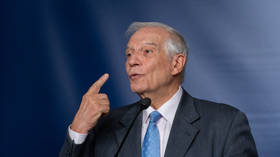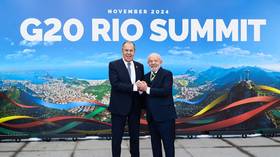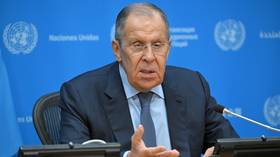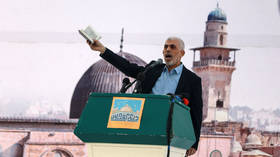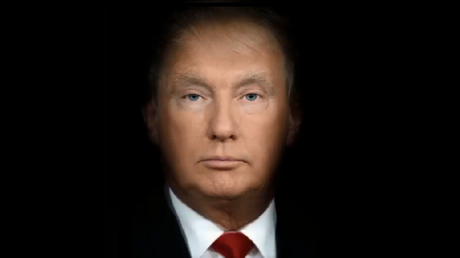RT Debate: Is multiculturalism dead? (VIDEO)
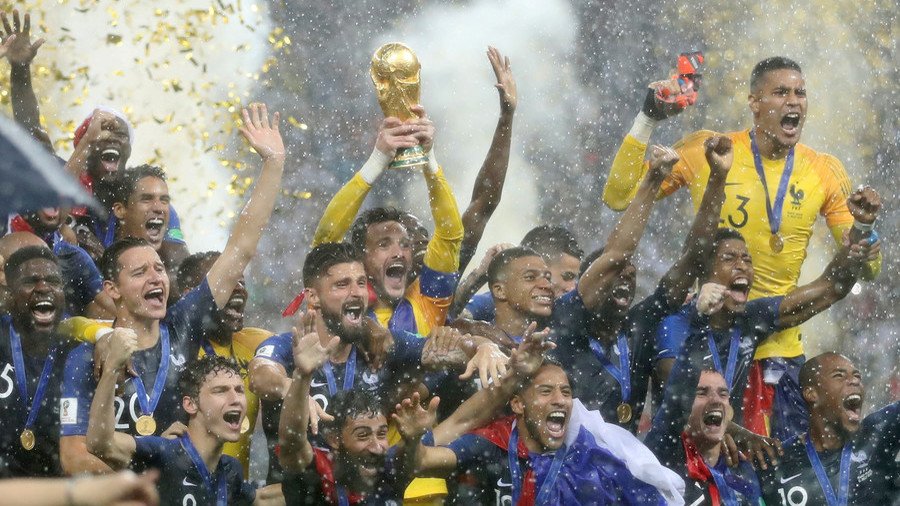
Should governments impose tough laws for multiculturalism for it to work, or it can happen naturally? Experts clash during a RT interview following the controversial statement by a Dutch minister that multiculturalism is dead.
Reasoning that Stef Blok’s controversial statements were due to an attempt to score political points away from populists, independent journalist Luc Rivet argued that the “perfect 21st century” multicultural society “promised” does not exist in the West. He believes the “melting pot” is not working in Europe, unlike the US, because parts “of the population that want to impose ‘their culture’ in the public space. Islam for example.”
Saying that the millions who have immigrated to Europe did not want to contribute to its social security system, he said many Europeans did not want to pay for this “imported misery.”
“If you have a multicultural society, you need to be very tough,” Rivet added, comparing western European government’s laxer laws to the stricter ones found in city-state Singapore.
Taking the opposite view, UN coordinator Mohammed Serkal highlighted London as an example of a platform for a “multicultural society,” and also praised France’s World Cup win as a team “that contains a multicultural society”.
He expressed “surprise” at Blok’s comments knowing the Netherlands as a “safe haven” for multiculturalism, and said such arguments were based on “ignorance.”
Instead, Serkal argues for further dialogue between communities at grassroots level in order to better understand each other.
Like this story? Share it with a friend!



